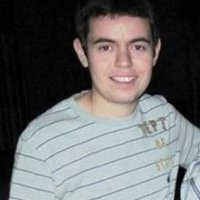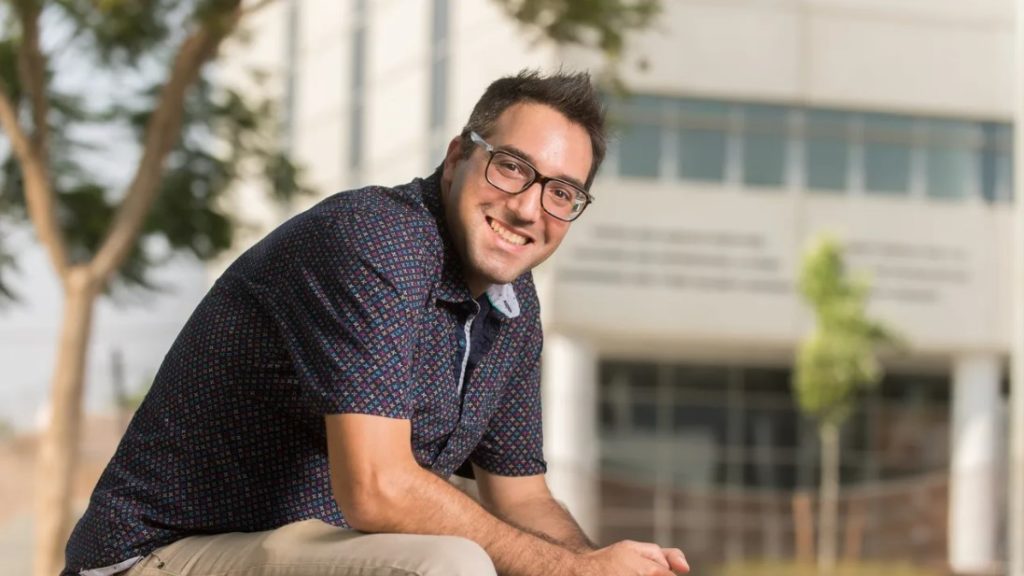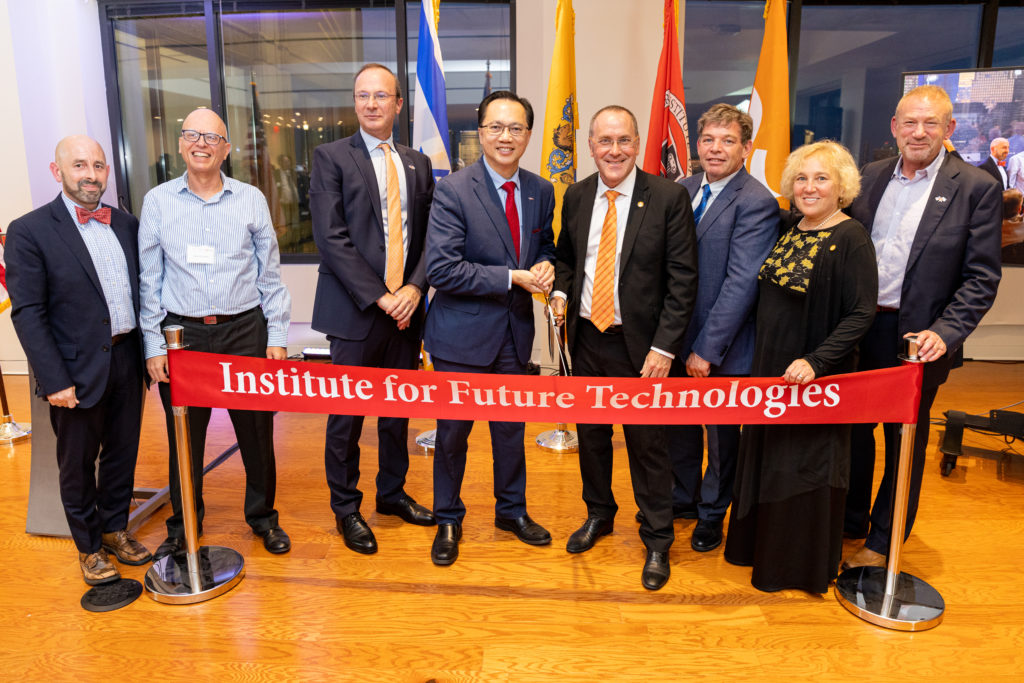
New Algorithm Locates Fake Users on Social Networks
New Algorithm Locates Fake Users on Social Networks
April 17, 2018
Homeland & Cyber Security, Press Releases
Ben-Gurion University of the Negev (Beer-Sheva, Israel) and University of Washington (Seattle) researchers have developed a new generic method to detect fake accounts on most types of social networks, including Facebook and Twitter.
According to a new study in Social Network Analysis and Mining, the new method is based on the assumption that fake accounts tend to establish improbable links to other users in the networks.
“With recent disturbing news about failures to safeguard user privacy, and targeted use of social media by Russia to influence elections, rooting out fake users has never been of greater importance,” explains Dima Kagan, lead researcher and a member of the BGU Department of Software and Information Systems Engineering. “We tested our algorithm on simulated and real-world data sets on 10 different social networks and it performed well on both.”
The algorithm consists of two main iterations based on machine-learning algorithms. The first constructs a link prediction classifier that can estimate, with high accuracy, the probability of a link existing between two users. The second iteration generates a new set of meta-features based on the features created by the link prediction classifier. Lastly, the researchers used these meta-features and constructed a generic classifier that can detect fake profiles in a variety of online social networks.
“Overall, the results demonstrated that in a real-life friendship scenario we can detect people who have the strongest friendship ties as well as malicious users, even on Twitter,” the researchers say. “Our method outperforms other anomaly detection methods and we believe that it has considerable potential for a wide range of applications particularly in the cyber-security arena.”
The Ben-Gurion University researchers previously developed the Social Privacy Protector (SPP) to help users evaluate their friends list in seconds to identify which have few or no mutual links and might be “fake” profiles.
Other researchers who contributed are Dr. Michael Fire of the University of Washington (former Ben-Gurion U. doctoral student) and Prof. Yuval Elovici, director of the Telekom Innovation Labs@BGU, director of Cyber@BGU and a member of the BGU Department of Software and Information Systems Engineering.
The Washington Research Foundation Fund for Innovation in Data-Intensive Discovery and the Moore/Sloan Data Science Environment Project at the University of Washington supported this study.

Click here to watch a video about the team’s current and recent social media research.
ABOUT AMERICANS FOR BEN-GURION UNIVERSITY
By supporting a world-class academic institution that not only nurtures the Negev, but also shares its expertise locally and globally, Americans for Ben-Gurion University engages a community of Americans who are committed to improving the world. David Ben-Gurion envisioned that Israel’s future would be forged in the Negev. The cutting-edge research carried out at Ben-Gurion University drives that vision by sustaining a desert Silicon Valley, with the “Stanford of the Negev” at its center. The Americans for Ben-Gurion University movement supports a 21st century unifying vision for Israel by rallying around BGU’s remarkable work and role as an apolitical beacon of light in the Negev desert.
About Ben-Gurion University of the Negev
Ben-Gurion University of the Negev embraces the endless potential we have as individuals and as a commonality to adapt and to thrive in changing environments. Inspired by our location in the desert, we aim to discover, to create, and to develop solutions to dynamic challenges, to pose questions that have yet to be asked, and to push beyond the boundaries of the commonly accepted and possible.
We are proud to be a central force for inclusion, diversity and innovation in Israel, and we strive to extend the Negev’s potential and our entrepreneurial spirit throughout the world. For example, the multi-disciplinary School for Sustainability and Climate Change at BGU leverages over 50 years of expertise on living and thriving in the desert into scalable solutions for people everywhere.
BGU at a glance:
20,000 students | 800 senior faculty | 3 campuses | 6 faculties: humanities & social sciences, health sciences, engineering sciences, natural sciences, business & management, and desert research.
For all press inquiries, please contact:
James Fattal, J Cubed Communications
516.289.1496




